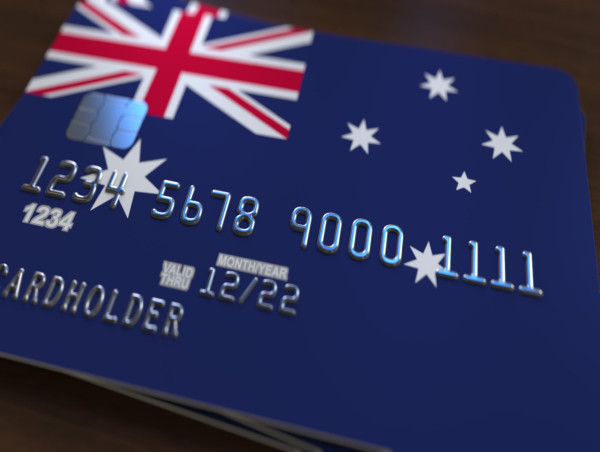Australia is moving to eliminate debit card surcharges, which are costing consumers almost 1 billion Australian dollars ($671 million) each year. The planned ban, set to take effect in 2026, aims to provide relief to households and reduce expenses for small businesses.
The central bank estimates that these fees, often described as unfair and excessive, have grown as the use of card payments skyrocketed during the pandemic.
The shift to digital payments has prompted the government to act, following the example of regions like the European Union, where similar surcharges were banned in 2018.
Debit card surcharge ban set for 2026
Australia’s centre-left government, led by Prime Minister Anthony Albanese, announced its plan to ban debit card surcharges by 2026.
This decision follows growing consumer concerns over the cost of digital payments, which have surged in recent years.
The Reserve Bank of Australia (RBA) estimates that Australians pay nearly 1 billion Australian dollars annually in surcharges as the preference for cashless payments grows.
This shift away from cash was particularly noticeable during the pandemic, with card payments rising significantly.
RBA data revealed that the percentage of transactions made using cash dropped from 32% in 2019 to just 16% by 2022, highlighting the increasing reliance on digital payments.
Prime minister’s plan to ease cost-of-living pressures
Prime Minister Albanese emphasised that the proposed ban is part of his government’s broader effort to ease cost-of-living pressures.
Speaking on the issue, he described the move as another step toward protecting Australian households from unnecessary financial strain.
Treasurer Jim Chalmers echoed this sentiment, stating that the ban would provide a “better deal” for consumers.
He stressed that Australians should not be penalised for using cards and that small businesses should not bear the burden of hefty transaction fees.
Chalmers also pointed out that reducing these fees would create a fairer payment landscape for businesses and consumers alike.
Small businesses to benefit from reduced payment costs
The ban is also seen as a win for small businesses, which often face significant costs when accepting card payments.
Many small businesses have long complained that high transaction fees cut into their profits, making it more expensive to conduct digital transactions.
By eliminating debit card surcharges, the government hopes to lighten this financial load, allowing businesses to operate more efficiently and ultimately passing savings on to consumers.
Along with benefiting consumers and small businesses, the move aims to modernise Australia’s payment system, making it more in line with international standards.
The European Union, for instance, banned debit card surcharges in 2018, setting a precedent for other regions to follow.
RBA’s role in reviewing Australia’s card payments landscape
Before the ban officially takes effect, the RBA will conduct a comprehensive review of Australia’s card payments landscape.
This review will assess the impact of the growing reliance on digital payments and provide recommendations on how to best implement the ban while ensuring that the financial system remains robust and competitive.
The RBA has long been concerned about the rising costs associated with digital payments, and this review is expected to offer valuable insights into how the payment industry can evolve to meet modern demands without imposing undue costs on consumers or businesses.
Debit card surcharges under scrutiny globally
Australia is not the only country grappling with the issue of debit card surcharges.
As more economies shift towards cashless transactions, many governments are taking action to protect consumers from excessive fees.
Apart from the EU, other jurisdictions have implemented similar policies to curb the costs associated with digital payments.
The global trend towards cashless payments has accelerated in recent years, with advances in technology making digital transactions faster, more convenient, and more secure.
However, as card payments become more prevalent, the issue of surcharges has come under increasing scrutiny, prompting governments worldwide to take action.
Consumers continue to opt for cashless payments
The shift towards cashless payments is undeniable. Data from the RBA highlights how the pandemic has drastically changed consumer behaviour in Australia. With a significant drop in the number of cash transactions, the majority of Australians now prefer to use cards or digital payment methods.
As this trend continues, the cost of surcharges has become more noticeable, particularly as businesses pass these fees on to consumers.
By eliminating debit card surcharges, Australia aims to create a more equitable system where consumers can benefit from the convenience of cashless payments without facing additional financial burdens.
The post Australia bans debit card surcharges in new cost-cutting measure for households appeared first on Invezz





